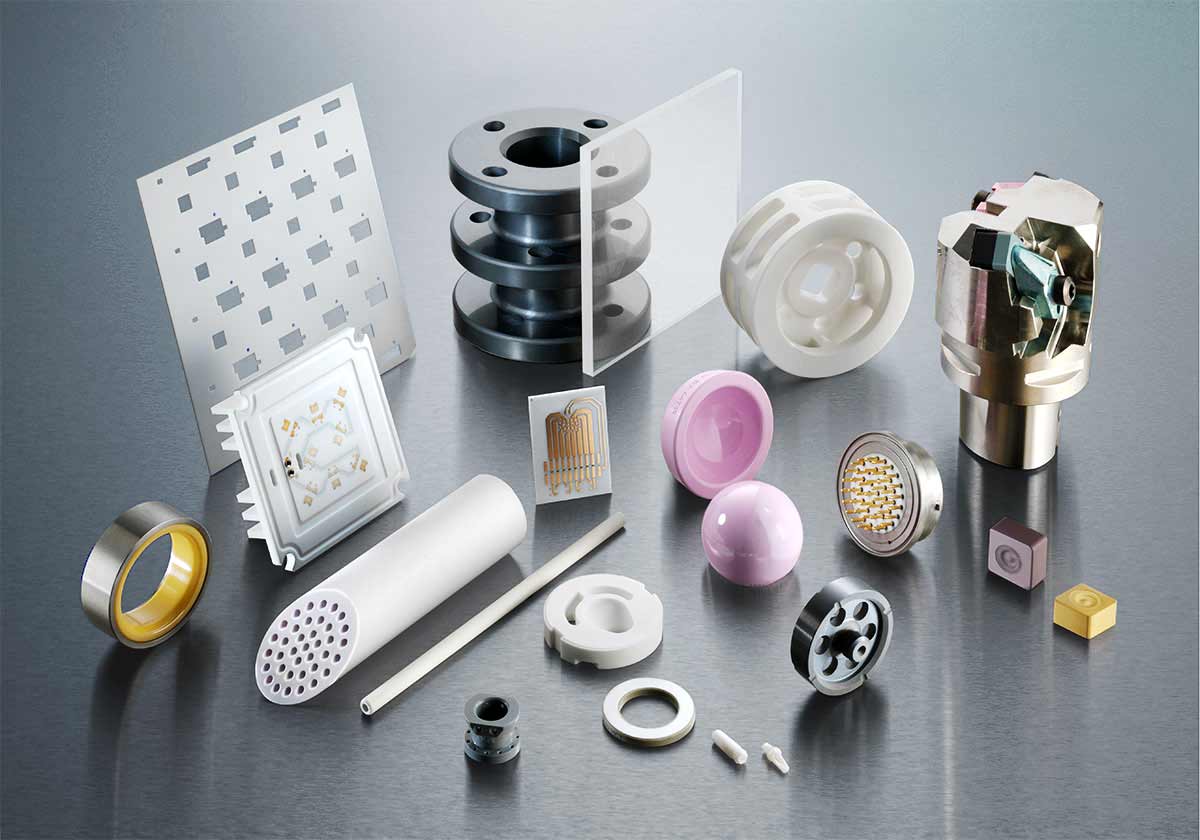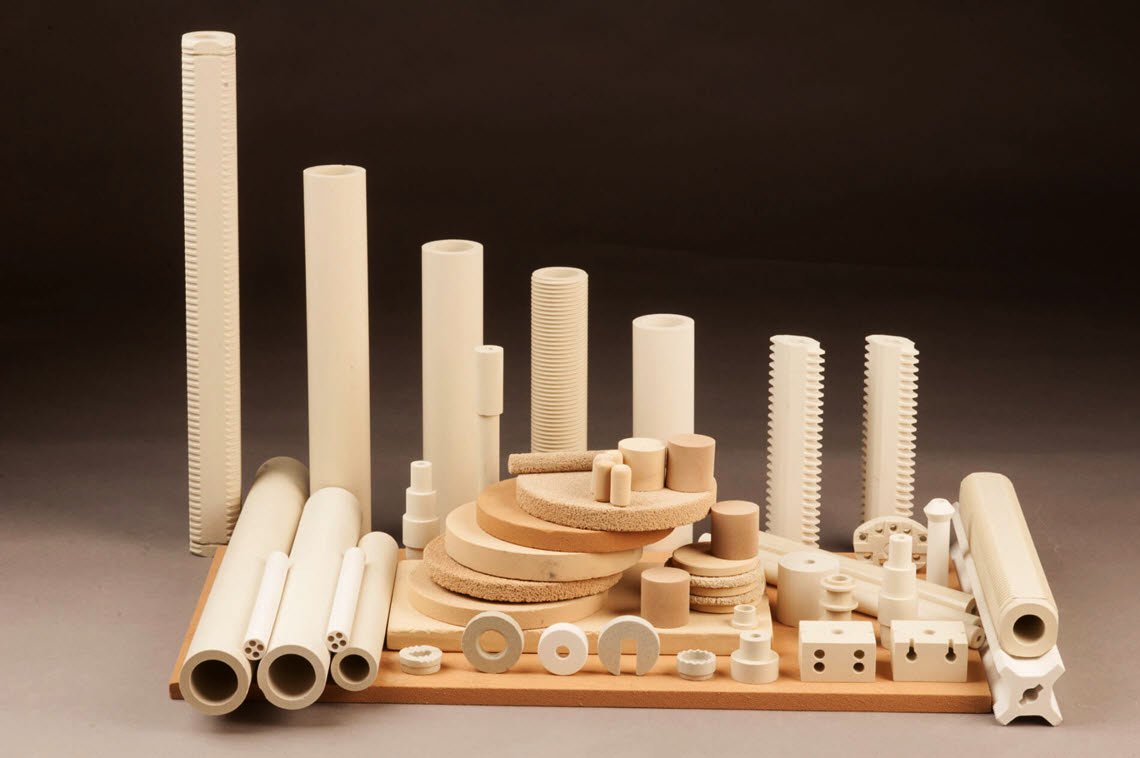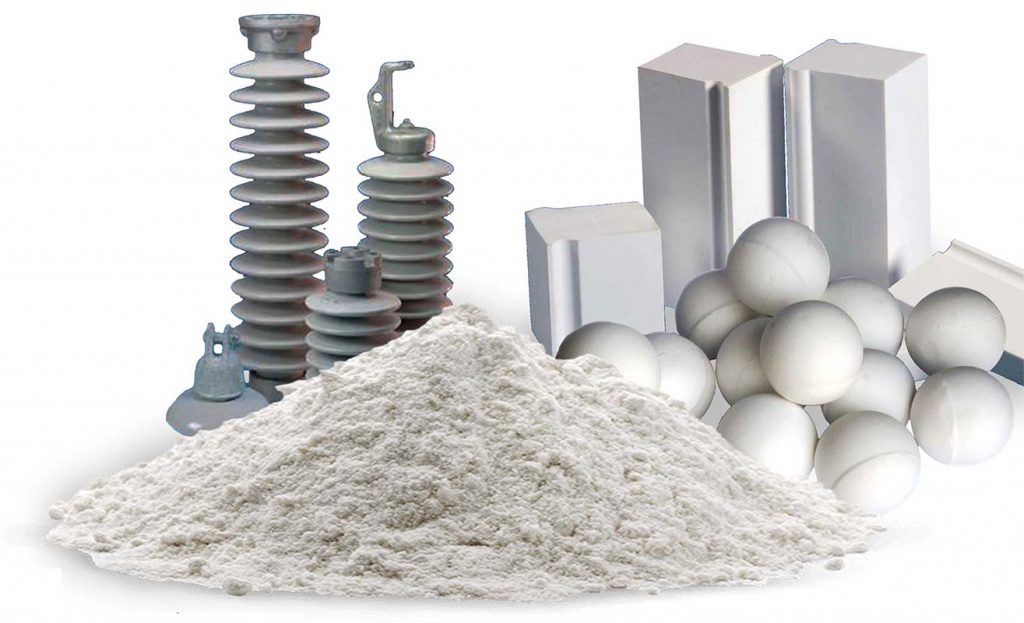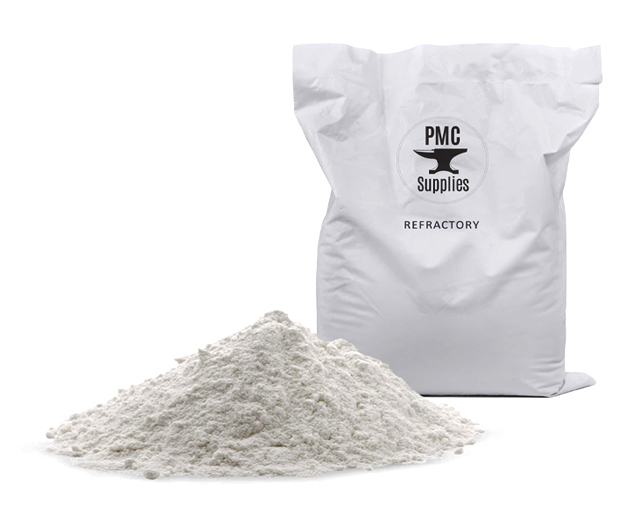Technical Ceramics
Technical ceramics, due to possessing characteristics such as stability at high temperatures, high strength and high resistance to corrosion, special and unique magnetic and electrical properties (such as piezoelectricity, superconductivity, insulating or semiconducting, etc.) and other properties are included in the list of very important and strategic components in many Industries. For example, in the automotive industry and manufacturing of industrial parts, properties such as strength and resistance to wear and corrosion are very important. In the chemical industry, the good resistance of these materials against acids and other corrosive substances is very important. In the aerospace industry, the resistance of these materials against heat is important, and in the electronics and communication industries, due to their good optical and electrical properties, they are considered important components.

The importance of technical ceramics in the development of science and technology will be clearer when we notice that access to High Tech in all fields will not be possible without using a piece of technical ceramics in its main structure.
The industries that can use these products are textile, ceramic and glass industries, mineral processing, chemical, petrochemical and oil industries, steel and iron smelting industries – aluminum, copper industries, all kinds of heat pump and engine industries, and automobile industries. and paper making, etc., which have the following applications:
- Mechanical application: Cutting and turning tools, spiral springs, etc.
- Metallurgical application: Metal forming and rolling tools, ceramic rollers for thin metals, ceramic parts for wire drawing.
- Automotive industry: special chambers for pre-ignition, car spark plug, valve, exhaust manifold and Gudgeon pin.
- Wood and paper industries
- Textile industries
- Chemical applications: combustion engines (catalyst converter), ceramic valves and pipe linings and catalysts used in petrochemical oil.
- Water and sewage industries: Modern high-quality water purification systems to convert wastewater into drinking water and produce sanitary valves.
- Biological (medical) applications: Oral and dental ceramics, artificial heart valves, knee prostheses and hip joints.
- Everyday use: Ceramic scissors, knives, door openers, pens, tweezers and watch cases, golf and baseball spiked shoes, jewelry, ceramic screws, etc.

Alumina is an important precursor for the production of technical ceramics. The reason for its popularity in the technical ceramic industry is its high mechanical strength, hardness, wear resistance and chemical corrosion resistance. Also, it has superior thermal and electrical resistance helping to keep dimensional stability and a good ability to dissipate heat at high temperatures. Parameters influencing the properties of the final product are calcination degree, soda content and particle size distribution. ALPHA offers a wide variety of calcined alumina products suitable for every technical ceramic need.
The meticulous manufacturing process leads to complete control of products' properties and a suitable product for every technical ceramic.
ALPHA

